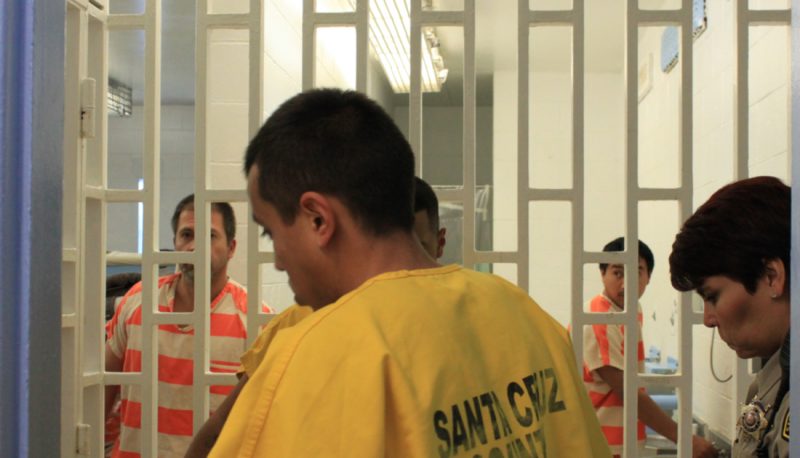“Our Courts, Our Fight” is a blog series documenting the harmful impact of President Trump’s judges on Americans’ rights and liberties and the need for the Senate to confirm President Biden’s federal court nominees to help counteract these effects . Supreme and appellate court cases in the series can be found by issue and by judge at this link.
Trump justices Brett Kavanaugh and Amy Coney Barrett cast the deciding votes in a 5-3 “shadow docket” order that reversed a temporary stay of execution ordered by a panel of the Tenth Circuit court of appeals and allowed the immediate execution of two individuals in Oklahoma, even though there will be a trial in a few months on whether the state’s method of execution is unconstitutional cruel and unusual punishment. The October 2021 order was in Crow v Jones.
John Marion Grant and Julius Jones, along with 30 other people on death row in Oklahoma, had filed a challenge to the state’s lethal injunction protocol as constituting cruel and unusual punishment under the Constitution. (Jones’ case has drawn national attention, since the Innocence Project has contended that he was not guilty of the crime for which he was convicted and a number of NBA stars and others have supported his case.) A trial on the execution methods case is set for February, but because Grant and Jones declined to set forth an alternative and satisfactory method of execution because of religious objections, a district court ordered them removed from the trial and stated that they could be executed immediately. This was despite the fact that the state attorney general had stated that none of the plaintiffs in the suit would be executed while it was pending and that the state planned to use the same problematic drug mix used in several executions in 2015, the last time that executions occurred in Oklahoma.
On October 27, a panel of the Tenth Circuit voted 2-1 to temporarily stay the executions of Grant and Jones. The majority explained that there was “nothing in the relevant case law” that requires someone to specify an alternative method of execution in a case challenging a death penalty protocol, and that the lower court had “abused its discretion” by authorizing their immediate execution, contradicting the principle that people with “identical claims” should be “treated equitably by the courts.” A third judge dissented, and proceeded to explain in a specific 4-page opinion why he thought that Grant and Jones had not demonstrated a “likelihood of success” on their claims.
On the very next day, the Supreme Court issued an unsigned “shadow docket” order that vacated the Tenth Circuit stay without any explanation or opinion. Justice Gorsuch recused himself from the case, and Justices Breyer, Kagan, and Sotomayor noted that they disagreed and dissented, so that the order was 5-3 with Trump justices Kavanaugh and Barrett casting key votes. Grant was in fact executed later that very day, and witnesses reported that he convulsed and vomited as the first drug was administered, which was described as “extremely rare.”
This case tragically continues the pattern, previously criticized by Justice Sotomayor and others, of the current Court majority reversing lower courts and rushing executions forward through summary proceedings even when constitutional issues remain pending, with the critical help of the Trump justices. The case illustrates the importance, as part of our fight for our courts, of confirming fair-minded judges (and eventually justices) who will respect the importance of fully considering such constitutional rights issues.

